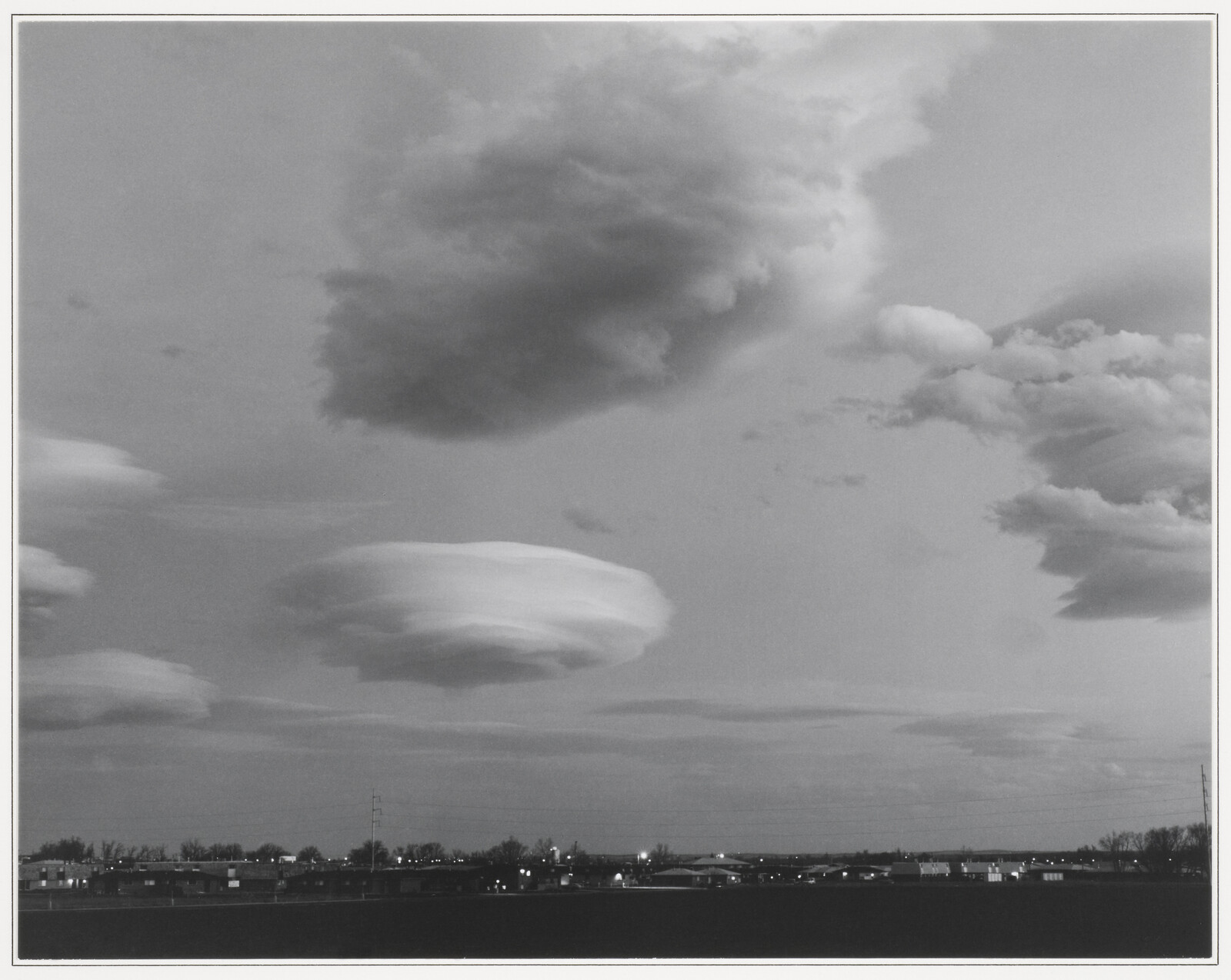Open call for Multidisciplinary Research Project
1920 rue Baile
Montréal Québec H3H 2S6
Canada
How do you define the state of being “in the hurricane”? What is a land-based intervention for you?
To be “in the hurricane” is to live and work with shoreline erosion, droughts, and intense storms—it is to recognize how the contemporary climate crisis transcends all and entangles us collectively in its gyre.
For the CCA’s sixth and final Multidisciplinary Research Project, organized with the generous support of the Mellon Foundation, we seek new and urgent modes of orientation that ask earthbound designers and their allies to ground and value land: lands held by others in care and lands that have been claimed, reclaimed, and not ceded. It is a call to undertake research and design projects that are site-specific, climate-dependent, historically attuned, and collaborative. As a collective and all-encompassing state, being “in the hurricane” calls for grounded, land-caring practices that match the intensity of the storm.
Land-dependent design practices that focus on shaping land through social and ecological relationships hold the potential to create, support, and advocate for lands that ensure our survival in an increasingly divided world. We live in a time of collective disorientation that affects marginalized communities, often land-dependent ones more than others. This call seeks practitioners and researchers working across landscape architecture, architecture, and allied practices who value how land is anchored by community building, situated interventions, and defined by everyday ecological realities. It seeks to foreground regenerative land practices that cut across disciplinary boundaries between architects and landscape architects to centre ecological conditions such as soil health, geology, botany, and more.
We seek proposals about specific, real-world sites that engage communities with ties and commitments to land and solicit projects that do this intentionally over time and with a view toward relationship building. Projects that are urgent, grounded, redefine land-based practices, and emphasize site-specific concerns and community members will form the grounds of research, collaboration, and intervention suggested by the concept of being “in the hurricane.”
In line with this practice-based orientation, this call also invites researchers who approach land-dependent design from historical and theoretical perspectives. Environmental historians, political ecologists, and environmental lawyers would all possess expertise that could give dimensionality to lands that are under threat. Their knowledge would also align with the program’s ambition to foreground issues that disregard conventional academic and disciplinary boundaries and shape new forms of thought and collective practice.
Finally, with its emphasis on urgency and specificity, this program welcomes applications that foreground land dependent-design as a mode of collective action that can address the current material manifestations of the climate crisis. The program seeks participants who are willing to probe and redraw the social and professional boundaries of architecture and landscape architecture to advance a shared method for navigating the aftermaths of un/natural disasters. Applications should develop historical and theoretical precision on how land-based interventions can become a form of public advocacy and activism, either today, in the past, or looking toward the future.
Topics participants may address include, but are not limited to:
–Redefinitions and expansions of landscape architecture as a practice, particularly in relation to the climate crisis
–Learning from existing regenerative, restorative, and/or reparative land practices
–Role of Indigenous, migrant, and other communities that have been separated from land
–Collective memory and displacement from land
–Landholding as a capitalist practice
–Survival as a design philosophy
–Theoretical foundations of land across political philosophy and/or legal studies
–Hurricanes as metaphors and sites
–Historical approaches to land politics across time periods and geographies, with a particular focus on moments of crisis
–Field research as a land-dependent practice
–Global warming as a land-dependent phenomenon
–Connections between infrastructure and land
–Land politics and ecological change
The collaborative and multidisciplinary research project is open to practitioners, researchers, and cultural producers at all career and educational levels, including Masters and PhD students. Applicants currently working in professional design settings are encouraged to apply and highlight how their current projects may benefit from engagement with the questions and concerns of the In the Hurricane project. Collectives are also welcome to apply, though they will be asked to nominate a single representative to attend workshops and other project-specific activities. The project will run for 18 months and involve two further workshops with invited experts in other locations. Each of the eight selected Mellon Researchers will receive funding to support their research and participation in three multi-day Mellon workshops, this includes a 12,000 USD stipend and a 3,500 USD research allowance (as well as return airfare to their chosen research site).
Project Convenors include Giovanna Borasi, Director, CCA and Rafico Ruiz, Associate Director, Research, CCA. External advisors to the project include Azzurra Cox, Gustafson Guthrie Nichol; Jane Mah Hutton, University of Waterloo; and Momoyo Kaijima, ETH Zurich/Atelier Bow Wow. Listen here to how they address the opening questions.
Applications are due October 2 and must include a voice note (five minutes max., MP3 or M4A) that answers the two questions above. To find out more about the project, past iterations and how to apply, please check here.
Since 2014 the Multidisciplinary Research Program has invited emerging and established scholars, thinkers, writers, architects, artists, and curators to meet at the CCA and collaborate on a thematic research project that contextualizes, reimagines, and updates our Collection and our other curatorial projects. The research developed as part of the program provides alternative frameworks for engaging contemporary social, cultural, political, and environmental issues.
To stay in touch and to learn about upcoming research opportunities, subscribe here.

